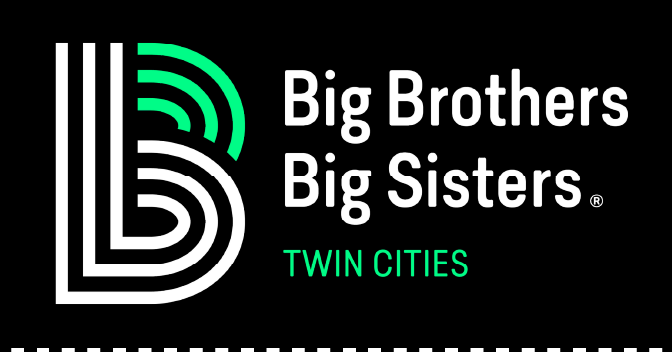Big Brothers Big Sisters Twin Cities (BBBSTC) respects the confidentiality of program participant and volunteer records and, with the exception of situations listed below, shares information about program participants and volunteers only with BBBSTC staff members, certified volunteers, and interns. Identifying information will be released to other individuals or non-BBBS organizations only with the parent’s/guardian’s written consent. All records are considered the property of BBBSTC and not the agency workers or program participants or volunteers themselves.
Confidentiality exceptions include the following:
1. For purposes of program evaluation, audit, or accreditation, and with the prior approval of the Board of Directors, certain outside bodies such as Big Brothers Big Sisters of America may
have access to child and volunteer records.
2. Members of the Board of Directors or external evaluators have access to child and volunteer files upon authorization of the Board of Directors.
3. Written information shall only be provided to law enforcement officials or the courts in
response to a valid and enforceable subpoena.
4. Information shall be provided to an agency’s legal counsel in the event of litigation or
potential litigation involving the agency.
5. State law mandates that suspected child abuse be reported to the appropriate authorities (local police or child protection agency).
6. If an agency worker/representative receives information indicating that a child or volunteer
may be dangerous to himself or herself or to others, necessary steps may be taken to protect
the appropriate party. This may include a medical referral or report to the local law
enforcement authorities.
7. At the time a child or volunteer is considered as a match candidate, information is shared
between the prospective match parties. Match parties are expected to respect and keep
confidential such shared information. The information about the volunteer may include such
items as: age, sex, race, religion, interests, hobbies, marriage, family status, sexual orientation, living situation, etc.
8. Information shared about the child may include such items as age, sex, race, religion, interests, hobbies, family situation, etc.

